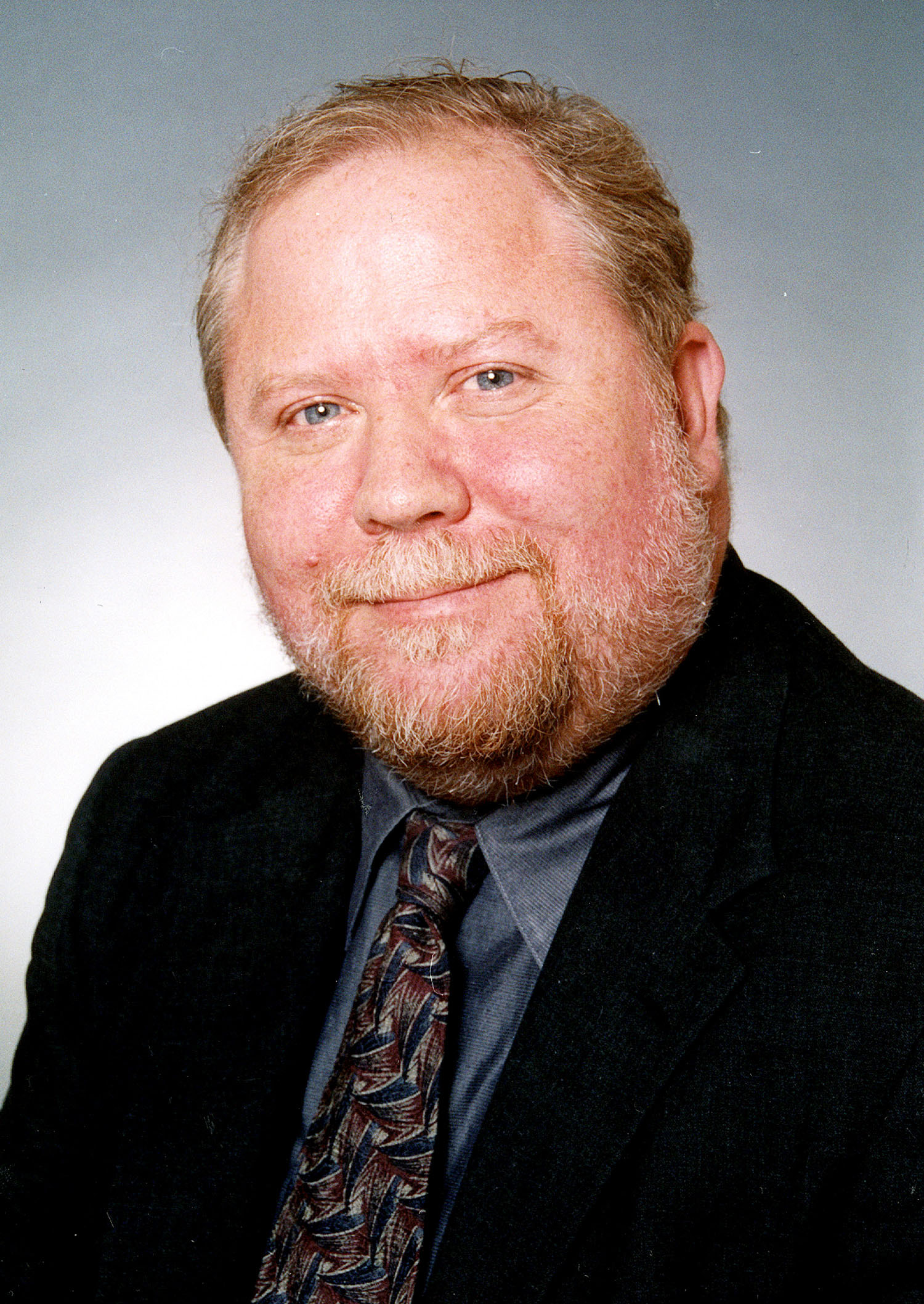
Let’s get it right with real names in 2012
Today, Knight Foundation is gathering a group of media thought leaders for a discussion about new ways for people to participate in elections through digital tools and content. Follow the conversation via #knightelect.
Traditional news media have made a destructive mistake by encouraging anonymous commenting on their web sites. But it’s not too late to simply do away with this bad idea. The upcoming 2012 election – likely to be the greatest digital political event in American history – offers the perfect opportunity to get journalism’s house in order.
This morning at a Knight Foundation brainstorming session, I was talking about this with Steven Clift, founder of E-Democracy.org. His long experience with political debate has led him to two simple rules: real names, no name calling.
Do media leaders really want the 2012 election to go down in history as the nastiest, most negative and least factual ever? Anonymous commenting in civic forums encourages our worst instincts. It weakens all fact-based brands. And allowing it is just unethical. Professional journalists only allow sources to be anonymous when there is no other way to get important information. That same ethic should apply to web comments. Only leakers should be anonymous. Let’s update the Society of Professional Journalists code of ethics to deal with digital engagement. (It hasn’t been updated since 1996).
Anonymity doesn’t need help. Center for Civic Media director Ethan Zuckerman at MIT shows this with a graphic of “the” giant political blogosphere – actually, it’s a liberal sphere and a conservative sphere, with almost nothing connecting the two. Traditional media can be that bridge (and many of the best already are). The legendary journalist Robert Maynard said those bridges should be “structures of integrity” – held together by facts, by civil discussion, by real people using their real names to make constructive and useful comments. When John Milton wrote that truth would defeat falsehood in a fair and open battle, this is what he had in mind.
Steven’s post, “Civility Online: Why are you hurting America?,” hopes media leaders will wake up. As he noted to me over coffee, “Major media made a huge mistake when they bought into the idea that ‘no one knows you’re a dog online’ was a good thing. Now they are throwing up their hands wondering why the jerks they are empowering by design are acting like animals.”
I agree. Real people, real debate, real democracy. Some newspapers, radio and television stations already are moving in this direction, using Facebook for commenting, or requiring registration. We can add millions of new facts to the 2012 election with one simple decision: go with open, transparent, civil debate. Go with real names.